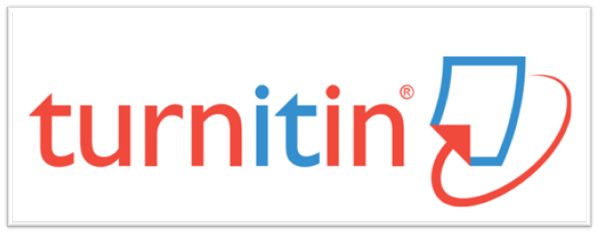Publication Ethics Statement
Authors must submit original works only.
Authors must not submit the same work to other journal at the same time or while the manuscript is under review. Authors must wait for a rejection decision or formally request for withdrawal before submitting to another journal.
The manuscript must not have been previously published or accepted for publication elsewhere, except as a conference proceedings paper, where the paper is work in progress toward the submitted manuscript. Author must inform in the manuscript if it was published previously as conference paper.
Author must properly cite all existing works which may overlaps or used as material for the manuscript, both in the body text and in the reference list.
Authors must explicitly cite their own earlier works used as material in the manuscript. If exact sentences or paragraphs that appear in another work by the Author are included in the manuscript, the material should be put in quotation marks and appropriately cited in a way that does not compromise the double-blind review process.
The manuscript should identify the origin and originality, of the datasets used in the paper, such as data collected through survey. Authors should mention if the dataset has been used elsewhere by this or another Author, whether published or not.
Plagiarism and Self-Plagiarism:
All work in the manuscript should be free of any plagiarism, falsification, fabrications, or omission of significant material.
Authors are expected to explicitly cite others' work and ideas, even if the work or ideas are not quoted verbatim or paraphrased. This standard applies whether the previous work is published, unpublished, or electronically available. Failure to properly cite the work of others may constitute plagiarism. Plagiarism in all its forms constitutes unethical publishing behavior and is unacceptable.
Redundancy (or “self-plagiarism”) is an unacceptable publishing behavior. Redundancy can occur in at least two ways: (1) Authors recycle portions of their previous writings by using identical or nearly identical sentences or paragraphs from earlier writings in subsequent research papers, without quotation or acknowledgement; or (2) Authors create multiple papers that are slight variations on each other, which are submitted for publication in different journals but without acknowledgement of the other papers.
Authors can and often do develop different aspects of an argument in more than one manuscript. However, manuscripts that differ primarily in appearance, but are presented as separate and distinct research without acknowledging other related work, constitute attempts (whether unintentional or deliberate) to deceive reviewers and readers by overinflating the intellectual contribution of the manuscript. Since publication decisions are influenced by the novelty and innovativeness of manuscripts, such deception is inappropriate and unethical.
If exact sentences or paragraphs that appear in another work by the Author are included in the manuscript, the material must be put in quotation marks and appropriately cited.
Co-Authorship
All Co-Authors of papers should have made significant contributions to the work and share accountability for the results. Authorship and credit should be shared in proportion to the various parties' contributions. Authors should take responsibility and credit, including authorship credit, only for work they have actually performed or to which they have contributed. Other contributions should be cited in the manuscript's Acknowledgements or an endnote.
Authors should normally list a student as the principal Co-Author on multiple-authored publications that substantially derive from the student's dissertation or thesis.
Authors who analyze data from others should explicitly acknowledge the contribution of the initial researchers.
Copyright Law
Authors should check their manuscripts for possible breaches of copyright law (e.g., where permissions are needed for quotations, artwork or tables taken from other publications) and secure the necessary permissions before submission.

 Author Guidelines
Author Guidelines












